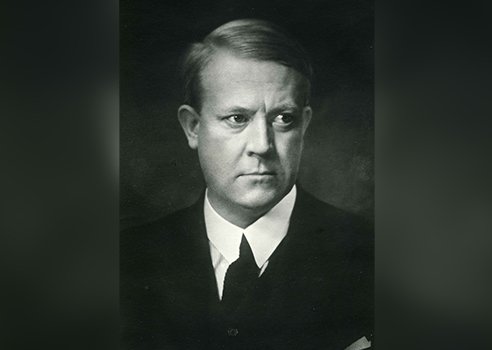Reading time: About 1 minute
Increase your vocabulary and you’ll make your writing much more precise. That’s why I provide a word of the week. Today’s word: quisling.
I’m a trailing edge baby-boomer, born in the late 1950s. My parents, both Canadians, were deeply marked by the Second World War. My father was enlisted in the Air Force and my mother lost her first fiancé to the services.
Still, they never talked much about the war. Perhaps that’s why I didn’t hear the word quisling around the house. It might have been too close for comfort.
I discovered the word recently — unaware that it was a war term — in the novel Based on a True Story by Elizabeth Renzetti. Here’s how Renzetti used it, writing about a main character:
She really should have made more of an effort to hide the pills, but who knew that her roommate would be such a quisling?
When I researched the word’s etymology I was thrilled to discover it was one of those unusual words invented in the 20th century and based on the name of a real person. A quisling is someone who collaborates with an enemy occupying force. It’s based on the name the Norwegian war-time leader Vidkun Quisling who was Minister President of Norway from 1942 to 1945. A Nazi collaborationist he was ultimately executed by firing squad in October 1945.
Could a word have any more thrilling origin? Said the London Times, in an editorial: “To writers, the word Quisling is a gift from the gods. If they had been ordered to invent a new word for traitor… they could hardly have hit upon a more brilliant combination of letters. Aurally it contrives to suggest something at once slippery and tortuous.”


